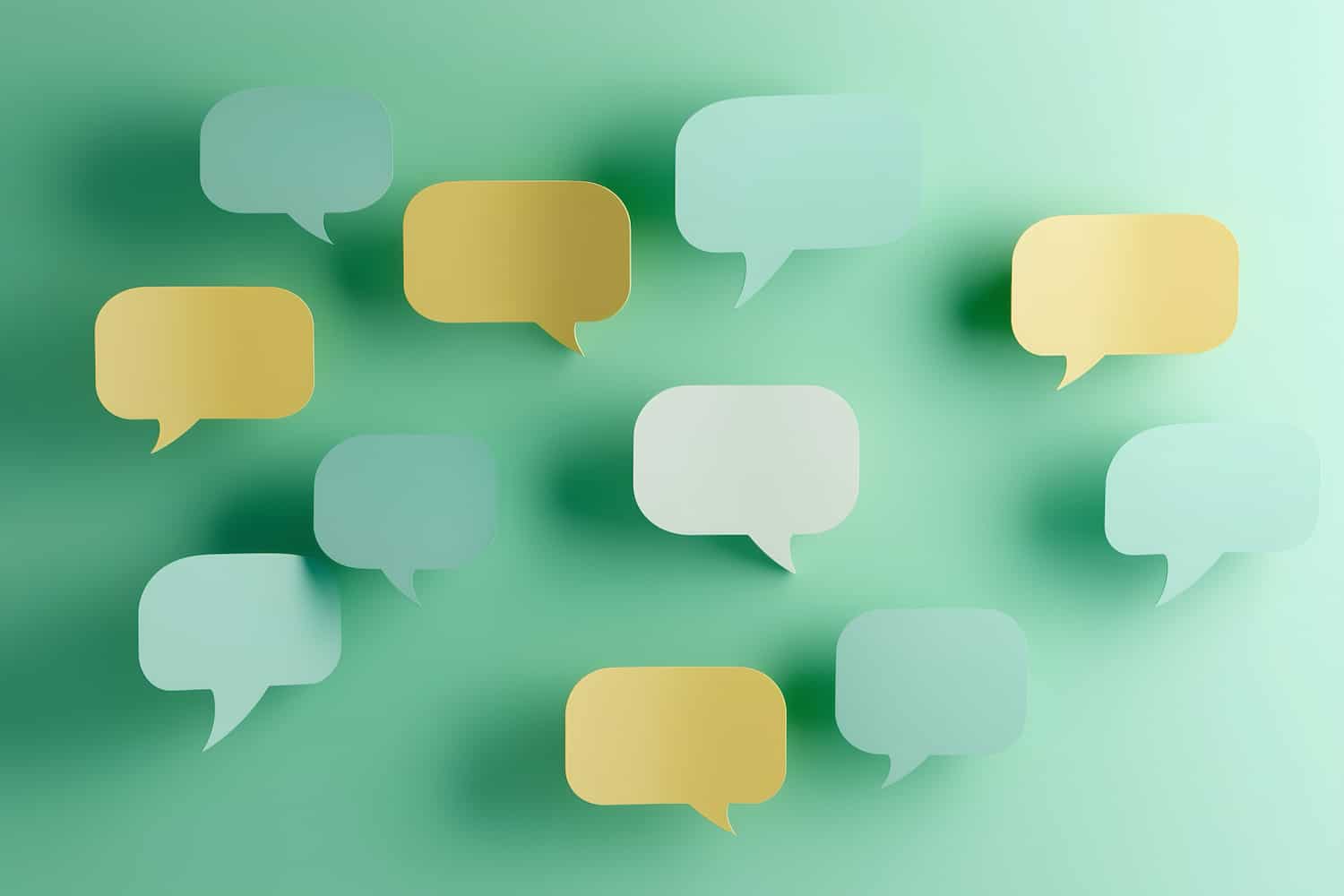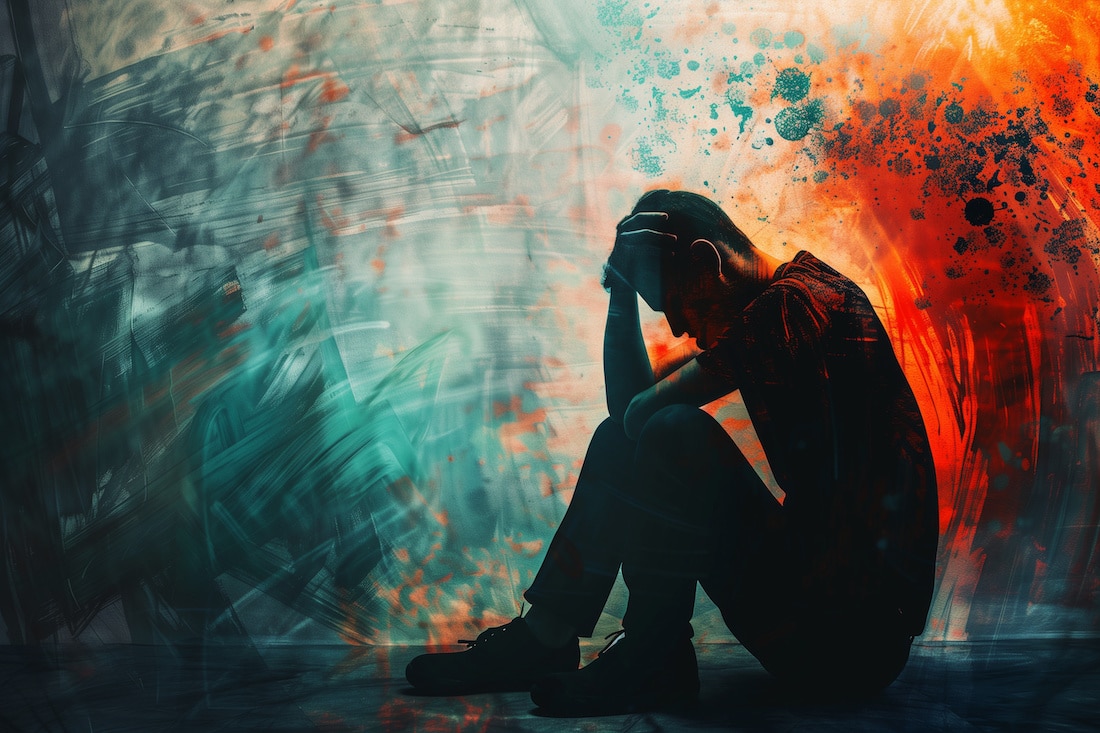 Addiction is a chronic illness that causes you to feel compelled to use alcohol or drugs in spite of negative consequences. When you get sober, you learn new behaviors that can help you to overcome the compulsion to use. Completing treatment is a huge accomplishment, but it doesn’t mean you’re cured. The disease of addiction doesn’t go away, and even after long-term sobriety, the urge to use may come back when you least expect it.
Addiction is a chronic illness that causes you to feel compelled to use alcohol or drugs in spite of negative consequences. When you get sober, you learn new behaviors that can help you to overcome the compulsion to use. Completing treatment is a huge accomplishment, but it doesn’t mean you’re cured. The disease of addiction doesn’t go away, and even after long-term sobriety, the urge to use may come back when you least expect it.
The things that make people in recovery want to drink or use drugs vary from one person to the next. As part of your recovery, it’s important that you develop an awareness of what might set you off. The people, places and things that cause you to have cravings are known as triggers.
For More Information About Our Addiction Treatment Programs
Call Us At: (310) 455-5258
Develop an Awareness of Your Own Personal Triggers
If you’re like most people in recovery, it’s not a question of whether you’ll experience cravings; it’s a question of when it will happen. Even when you’re feeling very committed to recovery, the urge to use can come seemingly out of nowhere.
Some common triggers include:
- Other people
- Certain places or environments
- Feeling stressed or overwhelmed
- Sadness or other negative feelings
- Smells
- Cigarettes or certain foods
- Boredom
People or places associated with your addictive behavior always have the potential to cause you to react in the same ways you used to. This could include trying to interact with relatives or friends with whom you used to drink or drug, or running into your drug dealer or passing your favorite night club. If you try to socialize with people who are drinking at a family gathering or work event, you may feel like you should be able to drink “normally.” Whenever life doesn’t go your way, there’s a chance you’ll feel like turning back to mind-altering substances rather than feeling your feelings.
Preparing for Dealing with Triggers
It’s important to spend some time planning what actions to take when you’re confronted with triggers. You may be able to avoid people you know will encourage you to go back to your old ways, or avoid walking by your favorite bar. Finding a way to avoid being at a certain location or around certain people may help to protect you from being triggered.
It’s a little more challenging to prepare for triggers that are completely unexpected or unavoidable. For example, if something upsetting happens at work or in a relationship, you may suddenly find yourself wanting to numb your feelings, and the intensity of the craving may feel like it came out of nowhere. You may be relaxing while watching a movie, and the characters are relying on alcohol or drugs as coping mechanisms, and suddenly you find that you want to do the same.
Actions That Can Help Manage Triggers
It’s important to process your feelings rather than trying to pretend you’re fine if you’re feeling anxious or sad. Journaling is an activity that can help you sort through confusing or troubling feelings. It can help to write about cravings rather than acting on them.
You may be able to think through the urge to use. Remind yourself about the negative consequences you may experience, which may include the loss of your job or relationship, or it might even include legal problems or financial losses. If you can pause long enough to think it through, you may be able to recognize that picking up that drink or drug isn’t worth what it’s likely to cost you.
Maintaining sobriety and managing triggers depends on getting in the habit of asking for help. This may include talking to a therapist or sponsor, or asking at least one person at a recovery meeting for their phone number. No one can understand what you’re going through as much as other people in recovery, and being in recovery means you don’t have to face your triggers alone.
If you or a loved one are struggling with addiction or substance use, please call us at (310) 455-5258 or submit the form below to learn more about our treatment programs in Los Angeles.



